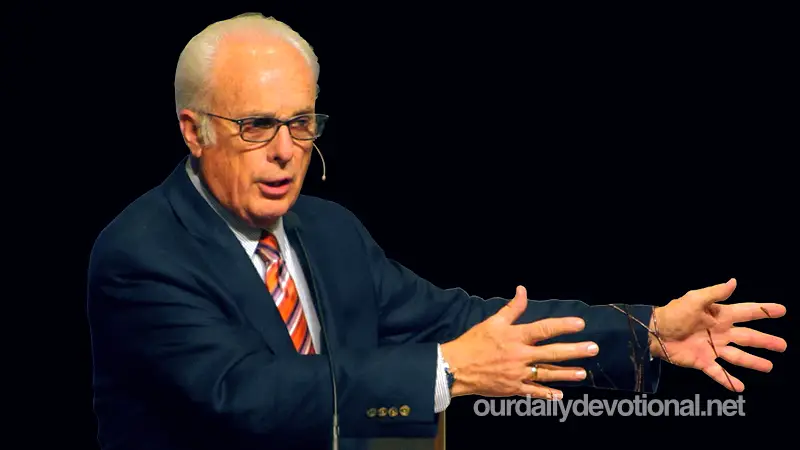Amillennialists believe that no visible kingdom should be expected from the Lord. All of the OT promises about the Kingdom are spiritualized in favor of the Church, and "Zion" simply represents the heavenly Jerusalem.
According to this position, there is no national future for Israel: the return of the Jews to Palestine has no relation to the prophecies, and their restoration and conversion at the national level are nothing more than a vain hope (cf., however, Rom. 11:11-15, 25-26; Jer. chapters 30, 31, 32, 33; Ez. chapters 36-48; Zech. 12:10; 13:8-9; see also ISRAEL).
In the amillennial theory the six mentions of the thousand years in Rev. 20:2-7 are reduced to symbolism of the current period of the Church. However, this theory faces serious exegetical difficulties in explaining the meaning of the resurrections in this passage.
The majority of amillennialist expositors "spiritualize" the First Resurrection before the thousand years, maintaining, however, that in v. 5 yes it is a true "return to life" (Berkhof: "Systematic Theology", p. 871).
This is the general position, from which Hoekema however differs, who spiritualizes the entire passage, and places the general resurrection only in Rev. 20:11-13 (Hoekema: "Amillenialism", in "The Meaning of the Millenium", editor R. G. Clouse, PP. 167-172, see Bibliography).
Nor is the chaining of Satan satisfactorily explained with this theory. Furthermore, while in the OT the announcements of judgment on the nation of Israel as a nation are followed by wonderful promises of redemption and salvation also at the national level (cf. Jer. 7-25 and 27-29 with 30-33; Ez. 11:1-13 with 14-25, etc.), however, in amillennialism only the judgments apply to Israel, while the promises of blessing to Judah and Israel apply to the Church.
Finally, the reign of Christ with his saints, which postmillennialism applies to this age of the Church on earth, amillennialism, according to one of its most prominent exponents, applies to a reign of the souls of the saints in the present age. , with Christ, in heaven (Hoekema, work cit., p. 150).
But this position is based on the spiritualization of the "First Resurrection." If this spiritualization can be shown to lack a true exegetical basis, the amillennialist theory then faces a fatal basic difficulty.
Meaning of AMILLENNIALISTS
Amillennialists believe that no visible kingdom should be expected from the Lord. All of the OT promises about the Kingdom are spiritualized in favor of the Church, and "Zion" simply represents the heavenly Jerusalem.







